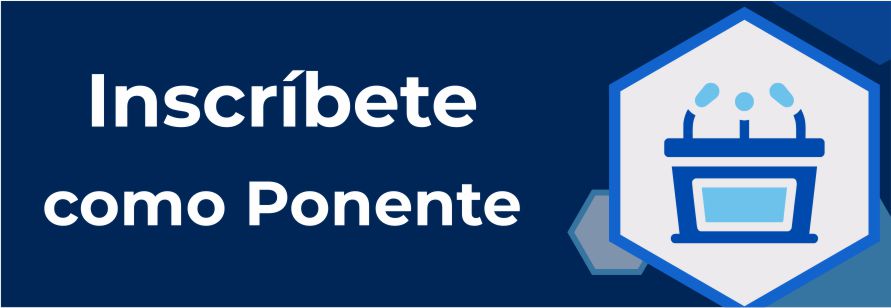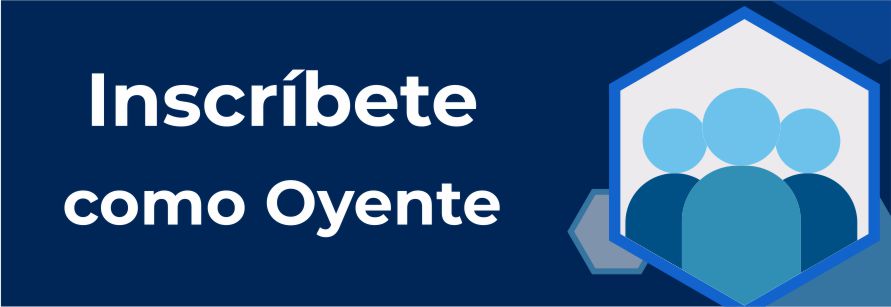The effect of Active Board Game on Vocabulary Retrieval Among School Graders
Resumen
A good knowledge of vocabulary is crucial to successful language learning, so vocabulary learning strategies have been gaining popularity in EFL classrooms. Research in vocabulary learning has been extensively investigated the factors that affect receptive vocabulary, however the amount of research in productive vocabulary is scarce. The study reported in this article aimed to explore and describe to what extent a board game called “Active” affect 10th-grade EFL students' active vocabulary in a public school in Bello. The game was designed as a memory-based strategy and target frequently nouns relevant to students’ daily lives. Four lesson plans were applied to 32 students and the classes took place in the classroom. This study used a qualitative method. Vocabulary performance was tested with pre-test and, post-test and during-test after each lesson. The data collection included interviews and observations. The research found significant gains in vocabulary retention and retrieval. Moreover, the game fostered motivation and engagement, highlighting the value of gamification in enhancing language learning.
Descargas
Citas
Ameer, S. (2016). Using Games as a Tool in Teaching Vocabulary to Young Learners (7 ed., Vol. 9). Jeddah: Canadian Center of Science and Education.
Burns, A. (2001). Collaborative Action Research for English Language Teachers. Cambridge: Cambridge University Press.
Cambridge Advanced Learner’s Dictionary 3th Ed. (s.f.).
Donmus, V. (2010). The use of social networks in educational computer-game based foreign language learning. Social and Behavioral Sciences.
Educación, M. d. (2014). Colombia Very Well! Programa Nacional de Inglés 2015-2025. Colombia Aprende. Bogotá: Imprenta Nacional de Colombia.
Elfrieda, & Michael, L. (2005). Teaching and Learning Vocabulary. 1. New York. doi:
https://doi.org/10.4324/9781410612922
González Moreno, C. D., García Martillo , Y. D., Toala Rodríguez , K. Y., Toala Rodríguez , K. Y., & Parrales Cantos , G. N. (2024). Análisis de un Proceso Constructivo a través de una Residencia de Obra del Proyecto Emijay – Renta Car en la Ciudad de Portoviejo, Manabí. Estudios Y Perspectivas Revista Científica Y Académica , 4(1), 2031–2062. https://doi.org/10.61384/r.c.a.v4i1.164
Chaves Carvalho , L. F., & Agrela Rodrigues, F. D. A. (2024). Uma Perspectiva Neurocientífica sobre a Obesidade na Infância e Adolescência e seus Impactos na Saúde da Coluna . Revista Científica De Salud Y Desarrollo Humano, 5(1), 107–125. https://doi.org/10.61368/r.s.d.h.v5i1.77
Neyra Menéndez, R. D., Dueñas Zúñiga, H. F., & Condori Lazarte, Y. F. (2024). Indicadores del riesgo suicida en estudiantes universitarios de la ciudad de Puno. 2023. Emergentes - Revista Científica, 4(2), 54–73. https://doi.org/10.60112/erc.v4i2.130
Chávez, M. (2023). Tirzepatide: A Revolutionary Breakthrough in the Treatment of Type 2 Diabetes Mellitus and Obesity. Revista Veritas De Difusão Científica, 4(1), 96–110. https://doi.org/10.61616/rvdc.v4i1.39
Martínez, O., Aranda , R., Barreto , E., Fanego , J., Fernández , A., López , J., Medina , J., Meza , M., Muñoz , D., & Urbieta , J. (2024). Los tipos de discriminación laboral en las ciudades de Capiatá y San Lorenzo. Arandu UTIC, 11(1), 77–95. Recuperado a partir de https://www.uticvirtual.edu.py/revista.ojs/index.php/revistas/article/view/179
v, H., & Quispe Coca, R. A. (2024). Tecno Bio Gas. Horizonte Académico, 4(4), 17–23. Recuperado a partir de https://horizonteacademico.org/index.php/horizonte/article/view/14
Da Silva Santos , F., & López Vargas , R. (2020). Efecto del Estrés en la Función Inmune en Pacientes con Enfermedades Autoinmunes: una Revisión de Estudios Latinoamericanos. Revista Científica De Salud Y Desarrollo Humano, 1(1), 46–59. https://doi.org/10.61368/r.s.d.h.v1i1.9
Euan Pablo, L. L. (2025). Impacto Social y Económico de la Trata de Personas en el Estado de Quintana Roo. Ciencia Y Reflexión, 4(1), 893–912. https://doi.org/10.70747/cr.v4i1.149
Del Valle Juarez, M. B. (2025). Optimización de la productividad en Anguiplast S.A. de C.V. mediante diseño de experimentos (DOE). Ciencia Y Reflexión, 4(1), 965–995. https://doi.org/10.70747/cr.v4i1.90
Ghazal, L. (2007). Learning Vocabualry in EFL Context through Vocabualry Learning Startegies . Research Gate, 84-91.
Gu, Y., & Johnson. (1996). Vocabulary learning strategies and language learning outcomes. 643 – 79.
Heuer, R. J. (1999). Psychology of intelligence analysis. Center for the Study of Intelligence.
Kapp, K. M. (2012). The gamification of learning and instruction: Game-based methods and strategies for training and education. San Francisco: CA: Pfeiffer.
Kitao, K., & Kitao, K. (1996). Testing Vicabulary. Eric.
Miyazaki, K. (2019). The Effect of Online Vocabulary Learning on Passive and Active Vocabulary Use at a Range of Proficiency Levels. Journal of Pan-Pacific Association of Applied Linguistics, 85-108.
Nation, I. P. (1990). Teaching and learning vocabulary. New York.
Oxford, R. L . (1990). Language learning strategies: What every teacher should know. Boston : Heinle and Heinle Publishers.
Pineda, J. (2010). Identifying language learning strategies: An exploratory study. Gist Education and Learning. doi:Research Journal, 4(1), 94-106. Retrieved from http://
Rixon, S. (1981). How to use games in language teaching. London. London: Macmillan.
Schmitt, N. (1997). Vocabulary learning strategies. Vocabulary: Description, acquisition and pedagogy.
Schmitt, N. (2010). Researching vocabulary: A vocabulary research manual. New York: Palgrave Macmillan Press.
Van, L. (2016). Assessing the effectiveness of digital game-based learning: Best practices. 92-93. doi:
https://doi.org/10.1016/j.compedu.2015.10.007
Webb, s., & Nation, P. (2017). View of How Vocabulary is Learned. doi:
https://journal.equinoxpub.com/ISLA/article/view/11323/13382
Derechos de autor 2025 Nelson Alberto Mejia Tavarez , Clyde Jensen Gómez, Carlos Andres Mejia Tabares, Dania Arenas

Esta obra está bajo licencia internacional Creative Commons Reconocimiento 4.0.













.png)




















.png)
1.png)


